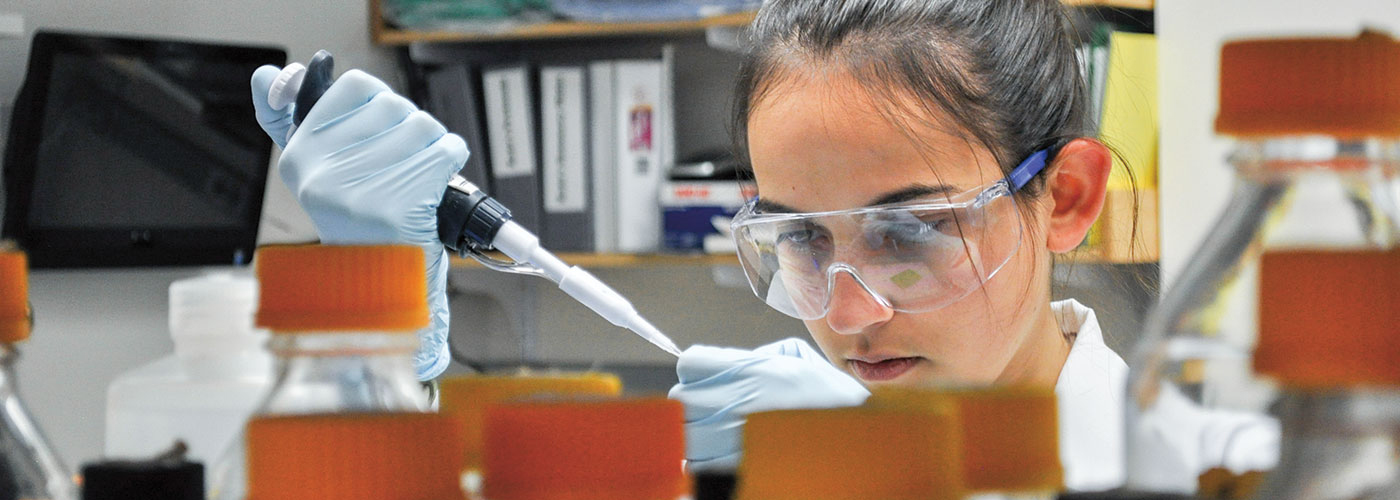When Anna-Sophia Boguraev was 4 years old, she decided she wanted to go into space. Now 17, Anna-Sophia has just taken one giant leap toward her childhood dream: NASA launched her research project into space this April. It flew aboard a Falcon 9 rocket to the International Space Station (ISS), a research laboratory orbiting Earth. A few days after that, an astronaut on the ISS carried out her experiment—one that will help scientists learn more about how space travel affects the human body. More than 300 middle and high school students entered the first-ever Genes in Space contest—but only Anna-Sophia’s project was selected. The contest aims to promote a better understanding of how to keep astronauts healthy as they explore the solar system.
When Anna-Sophia Boguraev was 4 years old, she decided she wanted to go into space. Now she’s 17, and she’s just taken one giant leap toward her childhood dream. NASA sent her research project into space this April. A Falcon 9 rocket carried it to the International Space Station (ISS), a research laboratory that travels around Earth. A few days later, an astronaut on the ISS carried out her experiment. It will help scientists learn more about how space travel affects the human body. More than 300 middle and high school students entered the first-ever Genes in Space Contest. But Anna-Sophia’s project was the only one chosen. The contest’s goal: Learn how to keep astronauts healthy as they explore the solar system.

